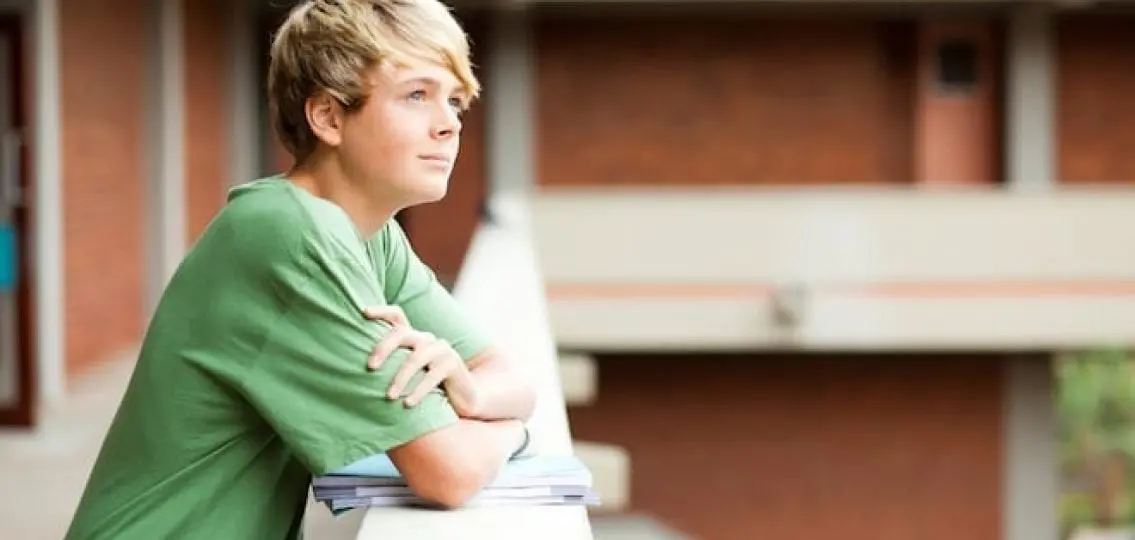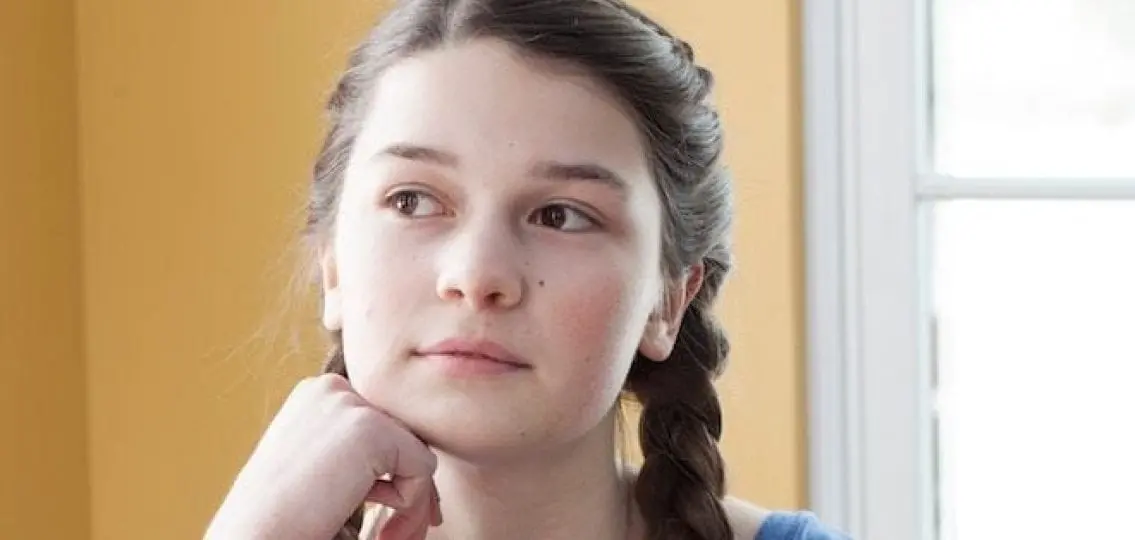My older son hated naps when he was a baby. He hated missing out on any action, especially if friends were visiting. I resorted to strolling him around the block half a dozen times every day just to encourage him to sleep.

Initial Worries
When my second son was born three years later, I was surprised to discover he had a totally different temperament. I laid him down in his crib and he gave into sleep after a few cries. He didn’t much like new people and refused to let anyone but me hold him for the first year.
Meanwhile, my older son relished the attention of friends and family. By the time he was 5, he was performing songs with his karaoke machine for anyone who would listen and reciting sermons for our deeply religious babysitter. He could talk easily with most adults he met on a variety of subjects, while my younger son watched or preferred to play with his toys.
My husband and I worried about our younger son’s introversion.
Being an introvert myself, I knew that being quiet and reserved meant you weren’t always popular and that you were often overlooked. I recalled the painful times in childhood when I felt awkward and shy when I was forced to be social.
As we wrestled with all of this, a friend recommended I read the bestseller Quiet: The Power of Introverts in a World that Can’t Stop Talking, by Susan Cain. The book puts a positive spin on introverts and Cain wrote a follow-up book, Quiet Power, specifically for kids.
In Defense of Introverts
In her books, Cain lets introverts know it’s okay, and even necessary, to recharge with alone time. I tried to remember her advice when my son wanted to listen to Harry Potter audiobooks for hours on end in his room or came home from school and became engrossed in Minecraft all afternoon.
Cain also celebrates the way introverted kids tend to have fewer, but deeper, friendships. My son is a loyal friend and a good listener. I complimented him on these positive qualities and helped arrange playdates, even into middle school.
But I still worried about my introverted boy. At family dinners with grandparents or friends, my older son would often dominate the conversation and my younger son seemed happy to listen—or zone out. Because of my own introversion, I never forced my son to talk much, but I was still anxious for him to develop good conversation skills.
In Quiet, Cain tells the story of an introverted kid who built up his self-confidence by pursuing his passion for drumming. So I encouraged my son to find his own passions, one of which was tennis. It was a big step for him to try a tennis class in middle school, and we searched for a friend who might join him and help him break the ice with other kids he would meet. His friend dropped out eventually, but by then my son was comfortable going on his own. He even made friends with a new kid in tennis class and would linger afterwards to talk to him.
The Power of Introverts
The biggest change for my son happened a few years later when his older brother left for college. Without his big brother’s talkative presence, my younger son came out of his shell. We first noticed a shift at a family birthday when my son sat next to my mother and talked non-stop throughout dinner.
Later that year, my husband and I decided to take our first big trip without the kids. My younger son insisted he could handle the responsibility of being alone for the week. We hesitated, but decided to let him try it. Not only did he manage fine, but he accepted an invitation from our friends to have dinner—something he would have turned down in the past. They told us he was a pleasure to spend time with, talking about school and sports and asking them questions as well.
I came to realize that my son had a lot to say when given enough time and space. I also noticed that his low-key, quiet nature continued to draw friends to him and he became the kid in his circle of friends who would often organize group outings.
Maybe Cain was right: introverts possess a kind of quiet power that often goes unnoticed.

As I’ve watched my son grow, I’ve learned to be more patient with myself, too. I recently explained to a friend how being with people was often exhausting. When she asked how I felt about it, I surprised myself by answering that I was totally fine with being an introvert. Sure, I’d like to be a little more outgoing in social situations, but after years of negative feelings, I can finally admit I like who I am. And I hope my son feels that way too.




